
This last year has been hard to say the least. But for those in healthcare, it has been on a whole other level. “Things were hard even before the global pandemic,” said Ashley Dikes, clinical applications manager at Anderson Regional Medical Center. “And they’ve been much harder since. This last year has created a bit of distance among our staff, simply because of exposure hazard. And when you see repeated death over and over again, it really takes a toll.”
I had to pause long enough to realize I needed to forgive myself a little and grant forgiveness much.
Tension grew and created an environment so difficult Ashley told her boss she didn’t think she could continue in her role much longer. She reached a breaking point. The next day, she took a break and on August 6th, she attended The Global Leadership Summit. “The Summit fell at a perfect time,” said Ashley. “My job got really hard there for a while. Running so hard for so long is not good for anyone, and sometimes you don’t give your own self a break or an opportunity to recover. I needed the break. I needed the punch. I needed the perspective. But most importantly, I had to pause long enough to realize I needed to forgive myself a little and grant forgiveness much.”
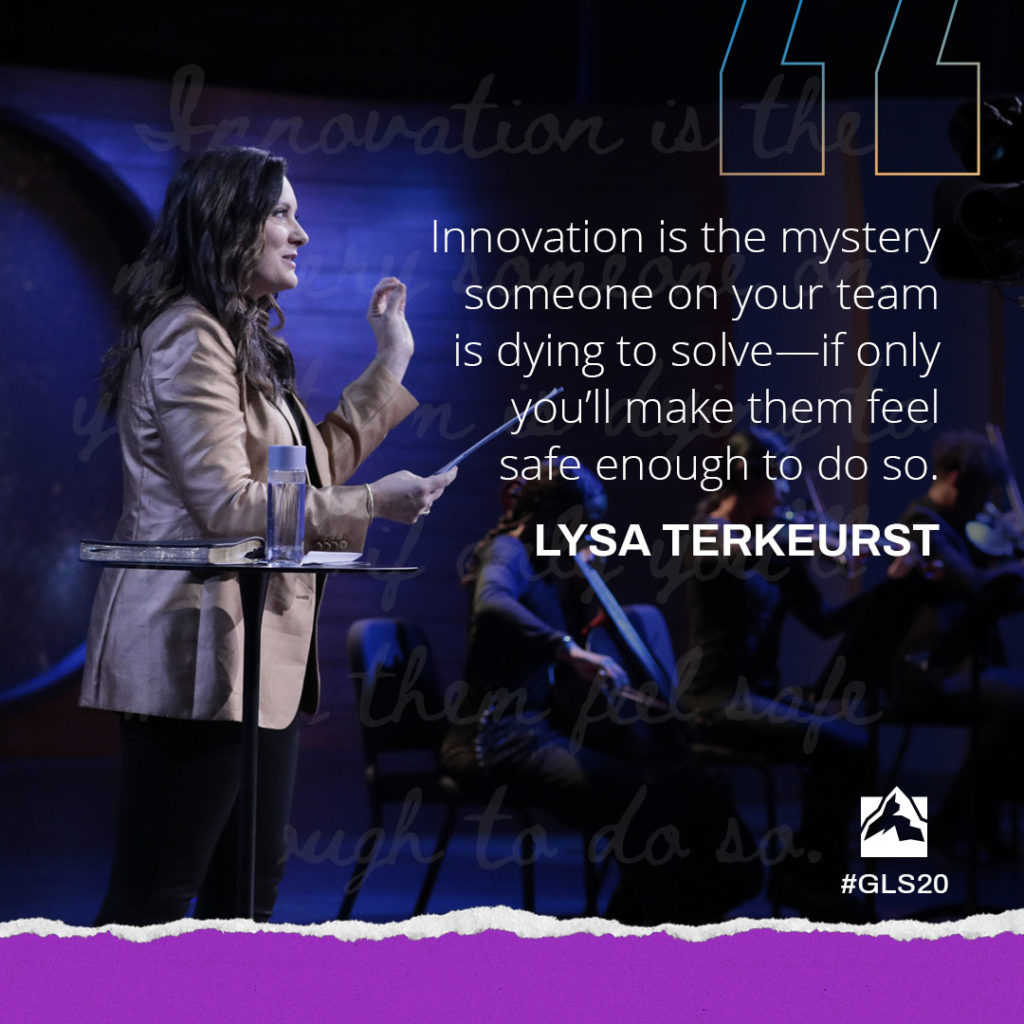
When Lysa TerKeurst spoke, Ashley had a realization that changed her perspective and challenged her leadership. “I realized that I can be very unforgiving at times,” Ashley shared humbly. “I realized if I expected something to change for the better, forgiveness was required and the first place I needed to look was the mirror—I needed to forgive myself. I needed to accept the grace God had already given me and give myself grace as well.”
“I came back to work after the Summit refreshed!” Ashley exclaimed. “I decided to keep going. I decided not to quit.”
Ashley took her forgiveness a step further, and around Thanksgiving, she decided to open up to the people she works with. “I’ve been part of the problem,” she said. “Admitting that shocked some of my colleagues, but there was also acceptance. I don’t want to be part of the problem anymore. I can’t control their part, but I can control mine. It’s about asking for forgiveness as well as offering forgiveness. You can’t give grace if you don’t receive grace. And sometimes you have to be the person that moves toward forgiveness and grace first. I hope that by demonstrating this in my leadership, we can create a better environment for everyone.”
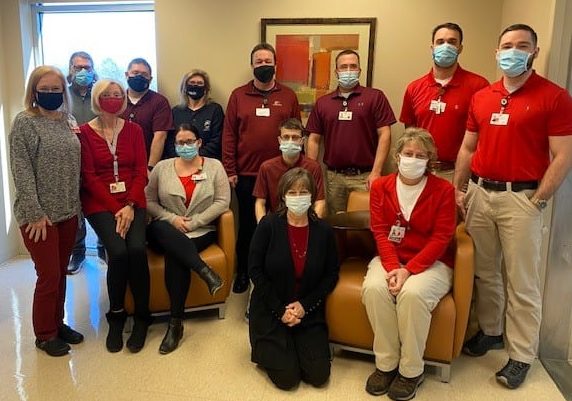
Anderson Regional Medical Center IT Team
By incorporating forgiveness and grace with her team and taking the time to understand each other better, Ashley noticed a change. As a result, people are coming together to solve the problems better, take care of patients better and support each other better. “I’ve seen plenty of folks go through a lot of suffering, but we keep moving forward and help each other, many of us leaning on our faith to carry us through,” said Ashley. “And sometimes you must pause to listen, because it’s the people behind the work making all of this possible and we’re all struggling. Empathy for what each of us is going through together with our faith has given us hope.”
…sometimes you have to be the person that moves toward forgiveness and grace first.
With a big heart to care for people, Ashley’s leadership inspires us! And isn’t that what leadership is all about? Caring for those in your circle of influence? While Ashley has had her share of leadership training for her roles as an assistant nurse manager for a pediatric intensive care unit, an educator as well as a nursing instructor, her view of leadership is much broader than a title. “Though the role I hold today has manager in the title, I value leadership much more than management. And I have always said if I could afford it and not have any bills, I would take care of people for no money!”
“In the world we’re walking in every day with all of the challenges we have, the Summit provides me that opportunity to pause, to take a look around me, to take a minute to reflect and refresh,” said Ashley. “It’s a reminder that I’m not alone as I go through challenging seasons. Ultimately, I want what is best for my team, my organization and my community, and receiving this opportunity to grow at the Summit was so helpful! I know there are more tough times ahead. I would love to give the Summit as a gift to every person on this planet! It could certainly help us all to be more compassionate and empathetic toward one another and create a better nation and world.”
The service our healthcare providers have given our society over the years, and especially in this last year, does not go unnoticed! We welcome all nurses and healthcare leaders to join us at The Global Leadership Summit for a boost of encouragement. Get your tickets >>




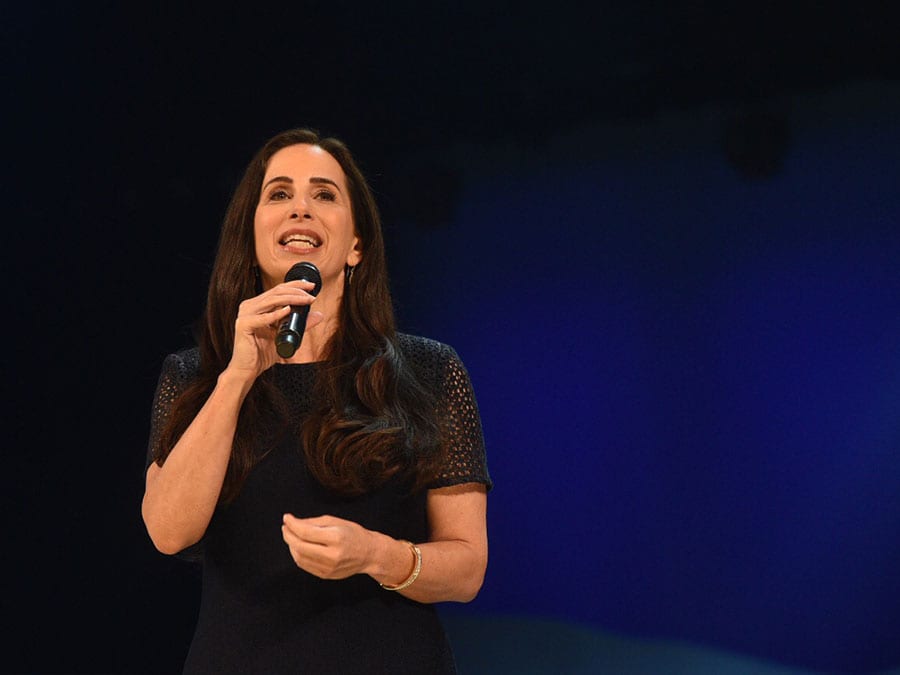


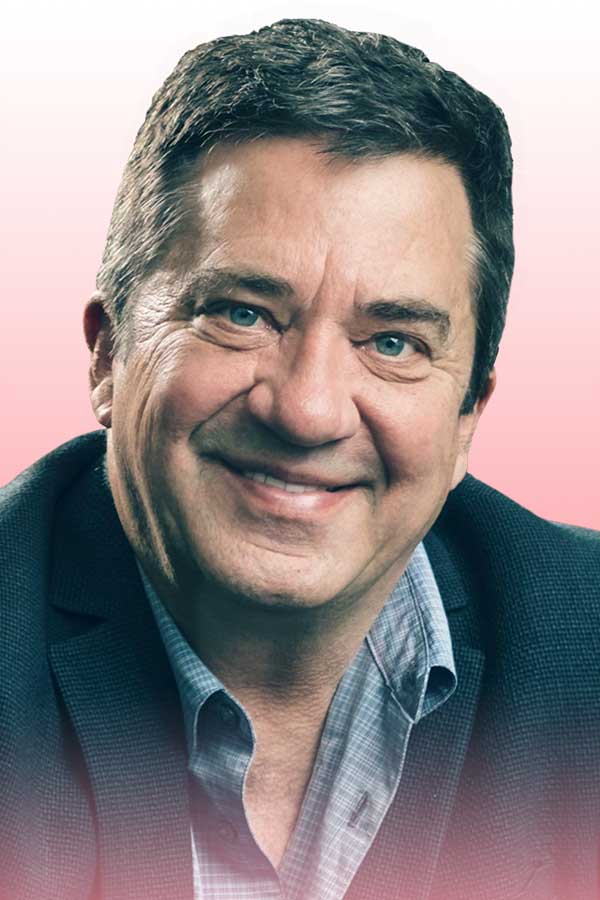
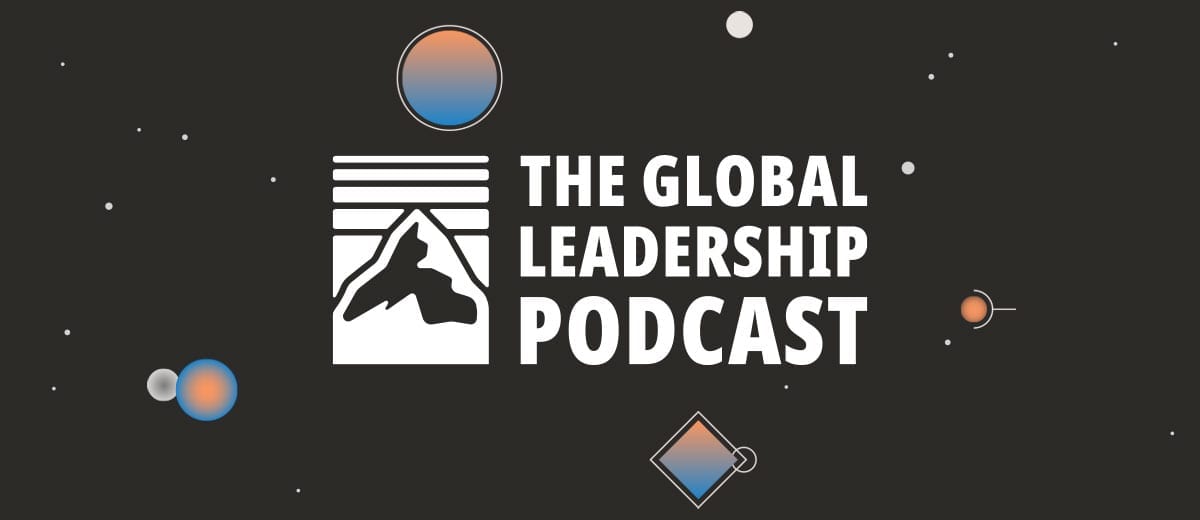

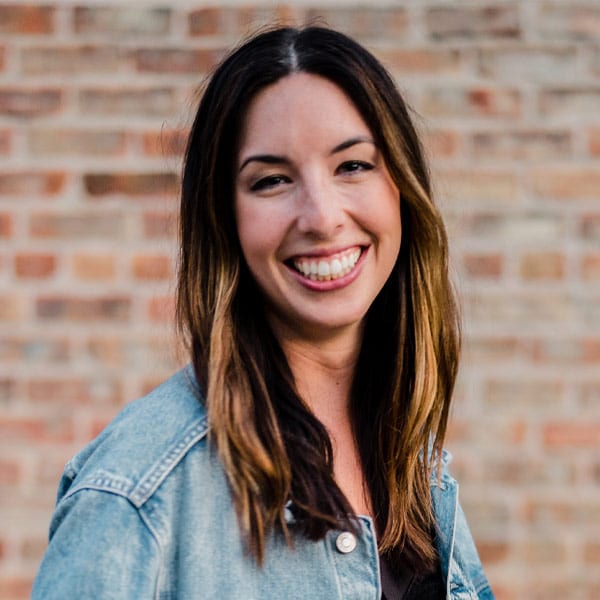


Recent Comments